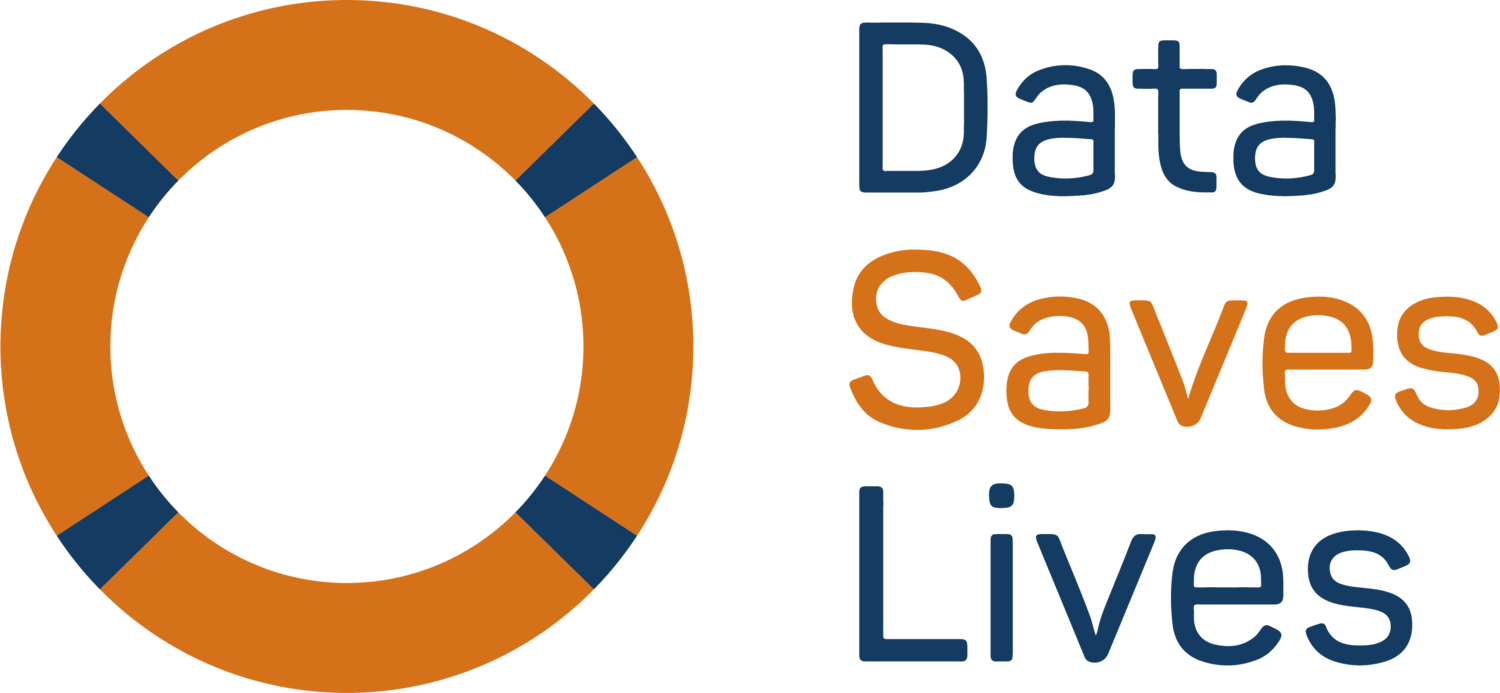How learning networks helped people with chronic conditions make sense of what was going on in pandemic times!
By Lidia Salvatori, Policy and Communications Manager and Claire Francis, Programme Manager, on behalf of Cystic Fibrosis Europe
Since the start of the COVID-19 pandemic, most of us have experienced deep uncertainty and the need to make sense of the state of emergency we found ourselves in as a society.
During such uncertain times, many looked for new ways of reaching out to others, communicating remotely and sharing information on COVID-19 and its consequences for our lives.
In this scenario, the need to make sense of the pandemic was particularly urgent for people with chronic conditions, as COVID-19 increased their risk of morbidity or mortality.
Specifically, people living with cystic fibrosis faced the burden of having to understand how to adjust their everyday self-care, activities and their collaboration with healthcare teams in a time where the healthcare sector had to shift its attention and resources on managing the pandemic.
A recent study [1] from the Patients in the driver's seat research program at Karolinska Institutet in Sweden, focused specifically on this aspect. The study examined the role of learning networks involving people with cystic fibrosis (CF) and primary ciliary dyskinesia (PCD) [2] , their family caregivers and clinicians, in making sense of the effect of COVID-19 on self-care and healthcare.
What are learning networks? Groups of peers that individuals can connect with to learn and share ideas, questions, reflections and more. While finding and understanding information by yourself can be daunting (especially when it comes to complex data and fast changing situations as we saw during COVID-19), learning networks offer a safe space to work things out collectively.
The study found that the pre-existence of learning networks played a crucial role for people with CF and their families in helping them orient themselves more easily during such stressful times. During the pandemic, through these networks, patients could receive support while making decisions about their self-care and healthcare. People could organise activities in support of patients and their families and healthcare professionals could gain insights into aspects of the conditions related to COVID-19 that might have otherwise been overlooked.
By exchanging information, questions and answers during webinars organised by a CF learning network at the beginning of the pandemic, patients, caregivers and clinicians participated in collective processes of sense-making, which ultimately helped anticipating needs and adapt services to the exceptional circumstances.
Importantly, this study highlights how collective processes of knowledge exchange and problem solving which engage people with a chronic condition, caregivers and clinicians, have a deep impact on public health, particularly in times of crisis.
Information about the programme: Patients in the driver’s seat! A multimethod partnership program on patient-driven innovations | Karolinska Institutet (ki.se).
The study from the Patients in the driver's seat research program at Karolinska Institutet: https://ki.se/en/lime/new-study-shows-that-learning-networks-play-an-important-role-for-the-chronically-ill-in-a
[1] Now What? Collective Sensemaking and Sensegiving in the Cystic Fibrosis Community in Sweden During the Initial Phase of the COVID-19 Pandemic. Wannheden C, Hasson H, Hager A, Karlgren K, Pukk Härenstam K Health Commun 2022 Oct;():1-11.
[2] Both of these conditions lead to chronic infections and inflammation in the airways.

